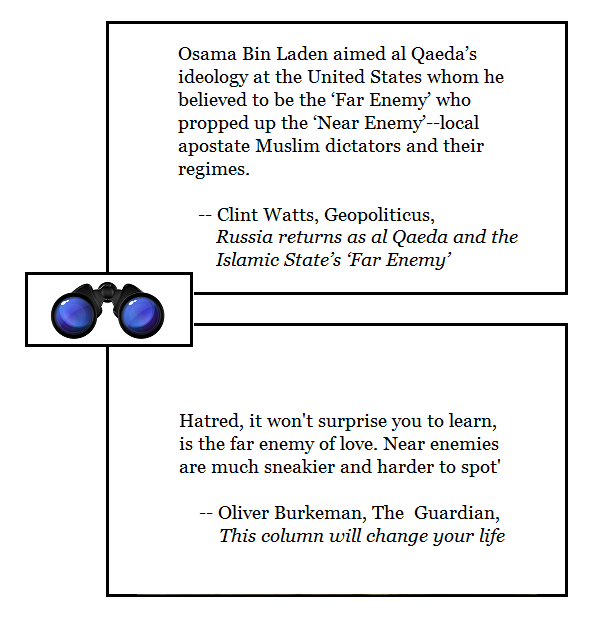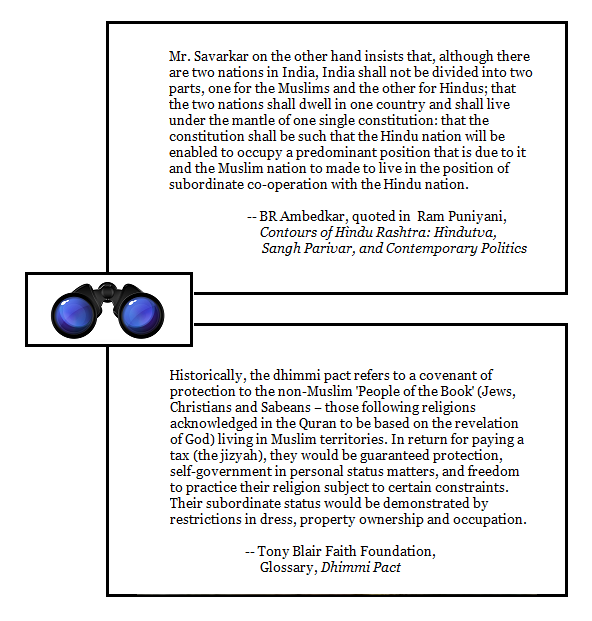What the PK Dickens?
Thursday, November 26th, 2015[ by Charles Cameron — conceptual echoes in a PK Dick bio-flick ]
.
**
I have just been watching Mark Steensland’s movie, The Gospel According to PK Dick, and a couple of fine parallelisms – echoes, really – struck me.
I’m going to start with one quote from the Chuang Tzu which is so often quoted it has been dulled for me, like a few other very great very over-celebrated works, Beethoven’s Fifth, and Bach’s Toccata and Fugue in D minor BWV 565, among them. Finding its echo in the words of Robert Anton Wilson in this film breathes new life into it, at least for me, for this moment.
Chuang Tzu, then, from The Complete Works Of Chuang Tzu translated by Burton Watson:
Once Chuang Chou dreamt he was a butterfly, a butterfly flitting and fluttering around, happy with himself and doing as he pleased. He didn’t know he was Chuang Chou. Suddenly he woke up and there he was, solid and unmistakable Chuang Chou. But he didn’t know if he was Chuang Chou who had dreamt he was a butterfly, or a butterfly dreaming he was Chuang Chou. Between Chuang Chou and a butterfly there must be some distinction! This is called the Transformation of Things.
DoubleQuote that with Robert Anton Wilson in the movie:
In 1994, I think it was, somebody put up on internet a report of my death, and no matter how much I’ve denied it, it seems most people accept that I’m still alive, but there’s a die hard minority who insists I’m dead and the CIA has replaced me with an android. And I’d be much happier if I’d never read Philip Dick, because I would just think, “Well, I know I’m not an android,” but having read Philip Dick I realized if I was an android who’s properly constructed, I’d think I am Robert Anton Wilson. So that leaves me perpetually in a predicament of not being sure that I’m Robert Anton Wilson or an android programmed to think it’s Rob– to think, talk, and write like Robert Anton Wilson. I guess I’m really grateful to Phil for that, it gives me a certain agnostic detachment, which I think is necessary for mental health.
**
The echo of Chuang Tzu in the words of Robert Anton Wilson occurs towards the beginning of the movie. Towards the end of the movie, we have Paul Williams, the “father of rock criticism” also talking about his friend PK Dick, who was also the subject of his celebrated 1974 Rolling Stone article:
That particular, unique personality this is Philip K Dick arises, when you and I or the three of us, or any two or three readers of {Philip K Dick, or friends of his, or whatever, get together, then we have the opportunity, as in the ends of those stories, to actually experience his presence, and it’s uniquely him. And, uh, I appreciate that, and I appreciate that in that way, I still have him in my life. And that’s definitely quite a gift.
DoubleQuote those words of Williams with these, from Matthew 18.20:
For where two or three are gathered together in my name, there am I in the midst of them.
**
Gospel, indeed. and Tao, too.














